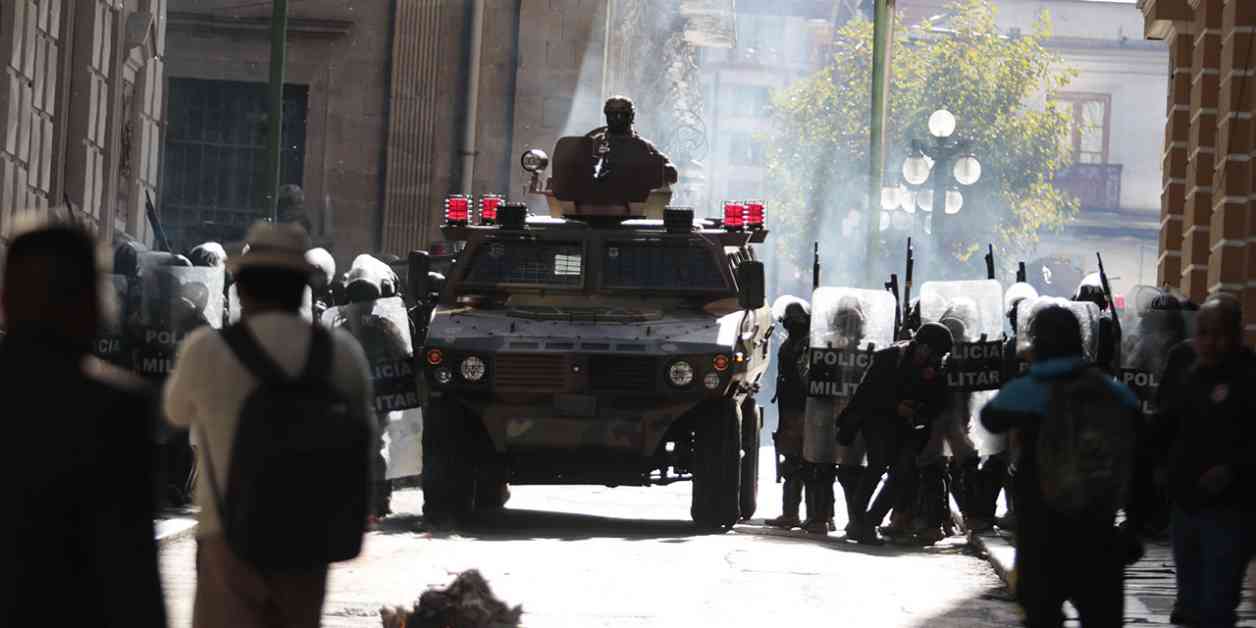In late June, chaos erupted in Bolivia’s capital, La Paz, when a rogue military commander, Juan Jose Zúñiga, tried to breach the presidential palace with armored vehicles and armed soldiers, claiming to “restore democracy.” A tense standoff in the palace’s foyer between Zúñiga and President Luis Arce ended with Zúñiga retreating. President Arce then declared his commitment to democracy, receiving praise from Western leaders and media for defending the constitutional order and rule of law in Bolivia.
However, questions arose about whether Bolivia truly operates as a democracy. Some accused President Arce of staging the incident to boost his popularity and suppress political opponents. Former military commander Zúñiga claimed that the president orchestrated the event for political gain. Despite Arce’s assertions, critics within Bolivia, including political commentator Benjamin Reydet and former President Evo Morales, dismissed the coup narrative as a political maneuver.
The debate over Bolivia’s democratic status dates back to the aftermath of the 2019 presidential election, which led to Morales’s resignation amid allegations of irregularities. The subsequent investigation by the Organization of American States raised concerns about the electoral process. Representatives like Alexandria Ocasio-Cortez and Bernie Sanders labeled Morales’s resignation as a coup and called for the protection of Bolivia’s democratic institutions.
The country has faced criticism for political arrests, particularly targeting opposition figures like Jeanine Añez and Luis Fernando Camacho. Human Rights Watch reported that the terrorism charges against Añez and Camacho lacked a solid legal basis. The situation raised concerns about the state of democracy and human rights in Bolivia, with experts like Jaime Aparicio highlighting deficiencies in democratic principles and the lack of institutional independence in the country.
Despite Western leaders’ support for Bolivia’s democracy, the ongoing political arrests and authoritarian practices in the country have raised doubts about its democratic credentials. The prevalence of political prisoners and the lack of democratic institutions have led some observers to characterize Bolivia’s governance as “authoritarian populism.” There is a call for Western journalists and leaders to denounce such practices and uphold democratic values consistently across all nations.
In conclusion, the events in Bolivia have sparked a debate about the country’s democratic status and the need for international scrutiny of its governance practices. While Western leaders express support for democracy in Bolivia, concerns remain about the country’s commitment to democratic principles and the rule of law. Upholding democratic values should be a universal standard, regardless of political considerations, to ensure the protection of human rights and democratic freedoms worldwide.

